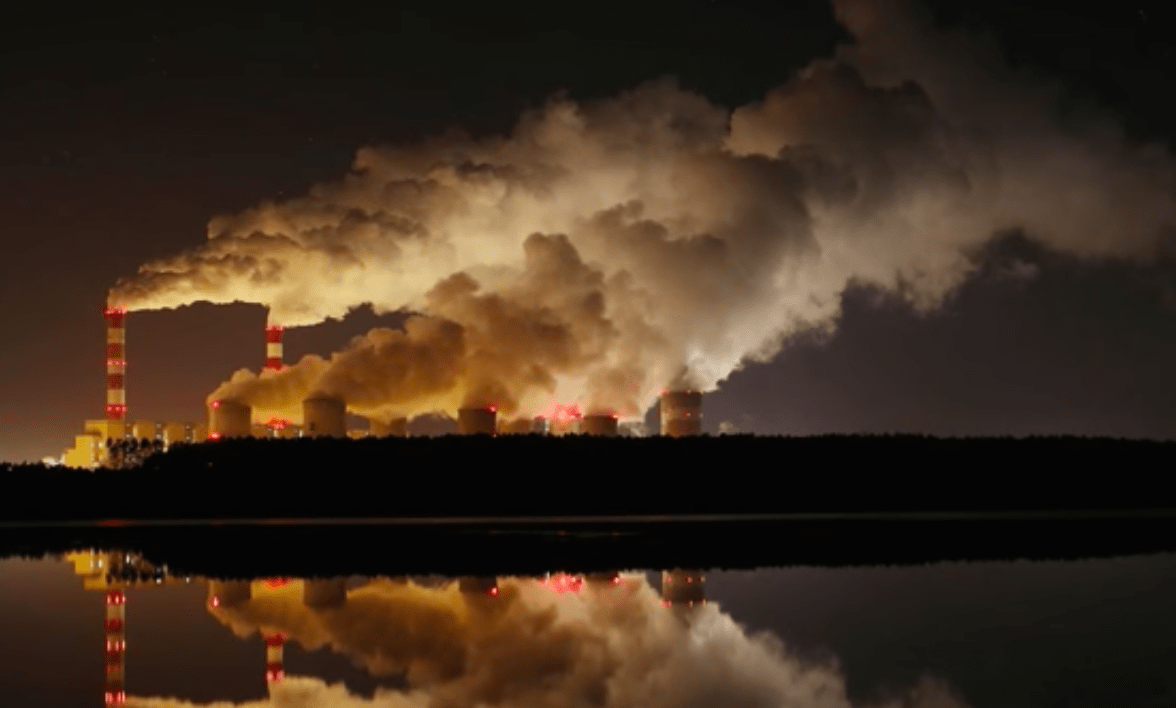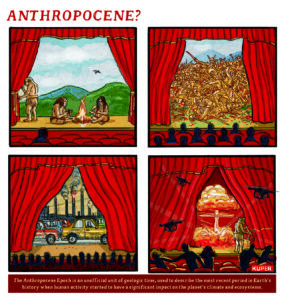The Depressing Numbers Behind the GOP’s Climate Denialism
According to a new poll, just 15 percent of Republican respondents believe the issue should be addressed immediately. Screenshot / YouTube
Screenshot / YouTube
“Climate change is the defining issue of our time,” U.N. Secretary-General Antonio Guterres declared in September. In October, a report from the Intergovernmental Panel on Climate Change, a U.N.-convened group, described “a world of worsening food shortages and wildfires, and a mass die-off of coral reefs as soon as 2040,” according to The New York Times. And in a new NBC/Wall Street Journal poll, Americans are beginning to heed these warnings, with 66 percent of respondents saying there is enough evidence to convince them that action is needed, up from 51 percent in 1998. Forty-five percent of them believe that action should taken immediately.
Among the 66 percent of concerned respondents are Democrats and independents. Notably missing in the growing consensus on climate change are significant numbers of Republicans.
As CNBC reports, “A 56 percent majority of the GOP says either that concern about climate change is unwarranted or that more research is necessary before taking action.” Only 15 percent of Republicans believe immediate action is needed, the same percentage of Republicans, the Journal points out, “who supported immediate action nearly 20 years ago, in a 1999 survey.”
These results, according to CNBC, show “how deeply the Republican rank and file has absorbed the messages from GOP leaders and media outlets that fears about the issue have been either exaggerated or fabricated outright.”
Since taking office, President Trump has pulled out of the 2015 Paris Climate Accord, which seeks to keep earth’s temperature from rising by 2 degrees Celsius (3.6 F) by the end of the century. He has called climate change a hoax and said that the costs of addressing the issue outweigh any environmental benefits. Poll respondents disagree on this point, with 52 percent saying that damage from such change-fueled weather events as hurricanes and floods will cost more than not doing anything at all.
Whether Americans’ belief that climate change is real and dangerous will lead to either individual behavioral changes or collective political action remains to be seen. As David Wallace-Wells wrote Friday in New York Magazine, “[E]ven in the moment of acknowledged environmental crisis, a sort of climate NIMBYism prevails.”
Wallace-Wells cites how, just weeks after the U.N. climate report was released, “[V]oters in deep-blue Washington rejected a modest carbon tax and those in crunchy Colorado rejected a slowdown of oil and gas projects.” Such inaction is international, he notes: “In France—conservative America’s cartoon of unchecked left-wing-ism—the worst protests in 50 years were provoked by a proposal to increase the gasoline tax.”
On the other hand, newly elected progressive Democrats are developing a “Green New Deal”—a series of proposals designed to reduce America’s dependence on fossil fuels. The plan may not have great name recognition yet, but according to survey results from the Yale Program on Climate Change Communication (via HuffPost), its individual policies, including increasing the use of renewable energy, upgrading the power grid and providing job training, have bipartisan support.
Read the results of the WSJ/NBC poll here.
Your support matters…Independent journalism is under threat and overshadowed by heavily funded mainstream media.
You can help level the playing field. Become a member.
Your tax-deductible contribution keeps us digging beneath the headlines to give you thought-provoking, investigative reporting and analysis that unearths what's really happening- without compromise.
Give today to support our courageous, independent journalists.






You need to be a supporter to comment.
There are currently no responses to this article.
Be the first to respond.